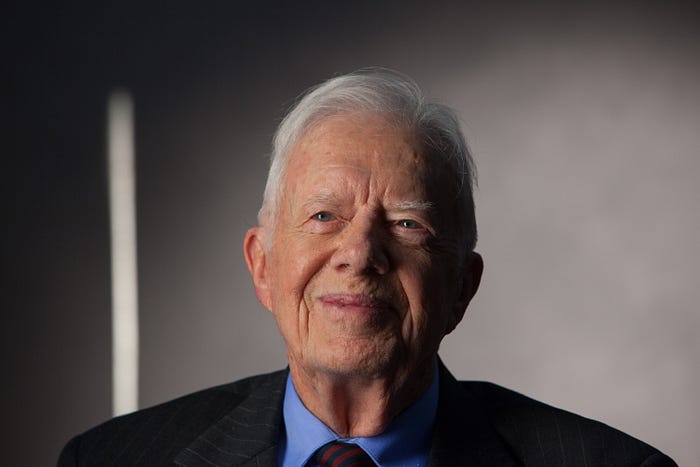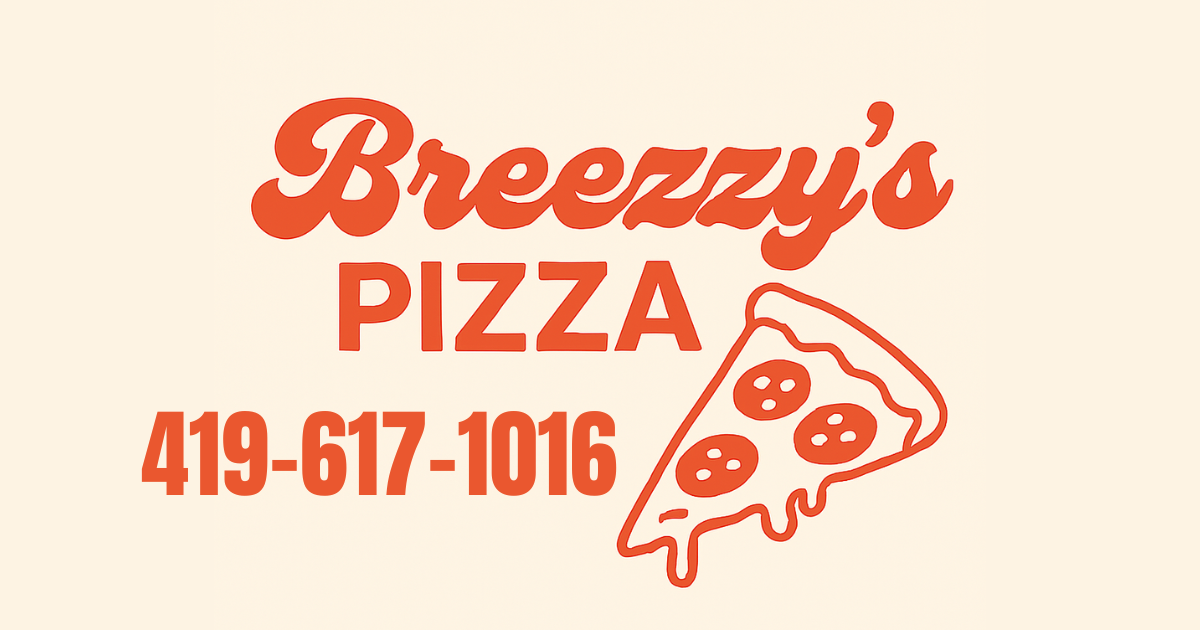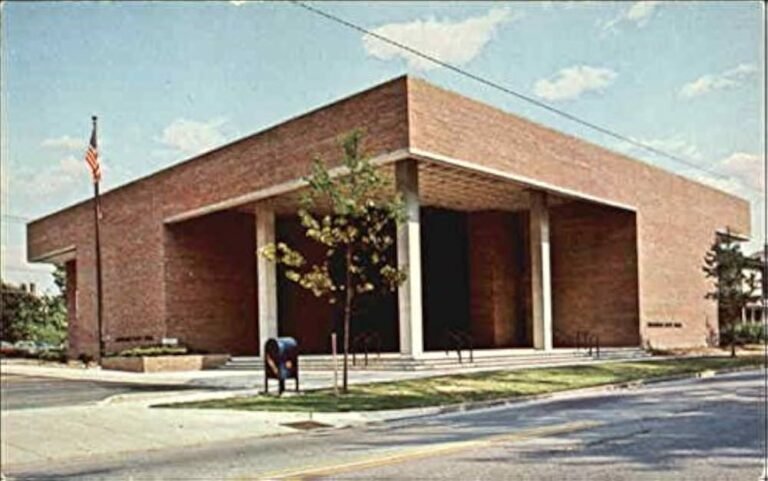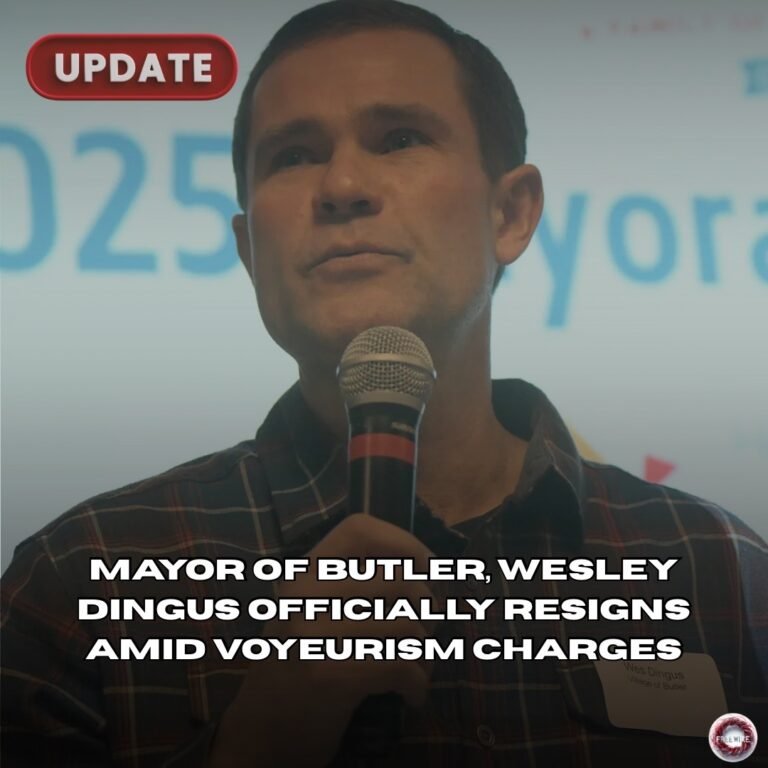
Jimmy Carter’s death marks the passing of a man whose life embodied service and humility. For many, he was more than a president; he was a neighbor who rolled up his sleeves to build homes, a farmer who spoke plainly about shared struggles, and a man whose moral compass guided every decision he made. Even amid the challenges and criticisms of his presidency, Carter might very well be remembered as one of the most decent and morally grounded individuals ever to occupy the White House. His administration is often viewed as a failure — plagued by economic stagnation, energy crises, and the Iranian hostage debacle — but that lens does him a disservice. Carter’s tenure, and more importantly, his loss in 1980 to Ronald Reagan, heralded a seismic shift in American politics that continues to reverberate today.
Carter’s presidency was a moment of earnest effort in a turbulent time. He personally addressed the nation during the energy crisis, famously donning a sweater and urging Americans to conserve fuel and embrace renewable energy. His push for human rights as a cornerstone of foreign policy led to the Camp David Accords, a landmark peace agreement between Egypt and Israel that showcased his unwavering commitment to diplomacy. He tackled issues like energy independence and environmental conservation long before they were politically convenient. He promoted human rights as a cornerstone of foreign policy and sought to address the nation’s crises with pragmatism and integrity. But Carter’s loss to Reagan in 1980 marked the end of an era. It wasn’t just the end of Carter’s presidency; it was the end of a broader political alignment that had defined much of post-World War II America.
With Reagan’s landslide victory came the Reagan Revolution, a wholesale shift in the Overton window. The center of American political discourse moved dramatically to the right. The policies of Roosevelt’s New Deal and Johnson’s Great Society — once defining features of the Democratic Party — were no longer the benchmarks of liberal governance. Instead, Reaganomics took hold, prioritizing tax cuts for the wealthy, deregulation, and the dismantling of social safety nets under the guise of “government is the problem.” Reagan encapsulated this philosophy with his famous quip: “The nine most terrifying words in the English language are: ‘I’m from the government, and I’m here to help.’”
This shift didn’t just redefine conservatism; it also transformed the Democratic Party. In the wake of the Reagan Revolution, Democrats became more centrist — embracing policies that would have been considered Republican orthodoxy in the 1970s. By the 1990s, Bill Clinton’s “New Democrats” were championing free trade agreements, welfare reform, and tough-on-crime policies, further alienating the left wing of the party. Even Barack Obama quipped that his policy positions would have been considered center-right in an earlier era. Today, much of the Democratic Party resembles 1970s Republicans in their policies and priorities, while those on the ideological left often find themselves without a political home.
Jimmy Carter’s presidency, with its emphasis on morality, humility, and public service, stands as a stark contrast to what followed. During his time in office, Carter often carried his own luggage, a small but profound symbol of his humility and belief in the dignity of honest work. He once said, “We must adjust to changing times and still hold to unchanging principles,” a mantra that guided his presidency and defined his character. Reagan’s rise ushered in an era of political cynicism, where winning often took precedence over governing, and optics overshadowed substance. The idea of government as a force for good became increasingly anachronistic, replaced by a relentless focus on market solutions and individualism.

Carter’s post-presidency — decades spent building homes with Habitat for Humanity, advocating for global health, and overseeing fair elections — further cements his legacy as a man of principle. One memorable story highlights his hands-on approach: while working with Habitat for Humanity, Carter insisted on performing the same grueling manual labor as the volunteers, often hammering nails under the hot sun alongside them. His actions weren’t symbolic; they were a genuine reflection of his belief in equality and shared effort. He demonstrated that a life of public service doesn’t end when one leaves the White House. And yet, his example also underscores the profound loss that his 1980 defeat represented for the ideological left in America. For those who believed in the possibility of a government rooted in compassion and equity, Carter’s loss was more than a political setback; it was the beginning of a long exile.
As we reflect on Jimmy Carter’s life and legacy, we are reminded of what was lost at the end of his presidency. The transformation of the Democratic Party into a centrist, Wall Street-aligned institution, and the cementing of Reagan’s vision of America as the dominant political paradigm, left progressive ideals on the margins. The middle class, once a cornerstone of American prosperity, began its long decline as wealth inequality surged and unions weakened. Carter’s warnings about energy dependence and the moral costs of consumerism went unheeded, drowned out by the triumphalism of the Reagan era.
Jimmy Carter may not have been a transformative president, but he was a transformational figure — a reminder that integrity and humility still have a place in public life, even if they don’t always translate to political success. His modesty inspired countless Americans; one young Habitat for Humanity volunteer recalled Carter thanking her personally for her work, a gesture that stayed with her as a lifelong reminder of the power of kindness in leadership. His death invites us to reconsider not only his legacy but also the path America has taken since the end of his administration. It challenges us to imagine what might have been if his vision had prevailed and to question how far we’ve drifted from those ideals.



















